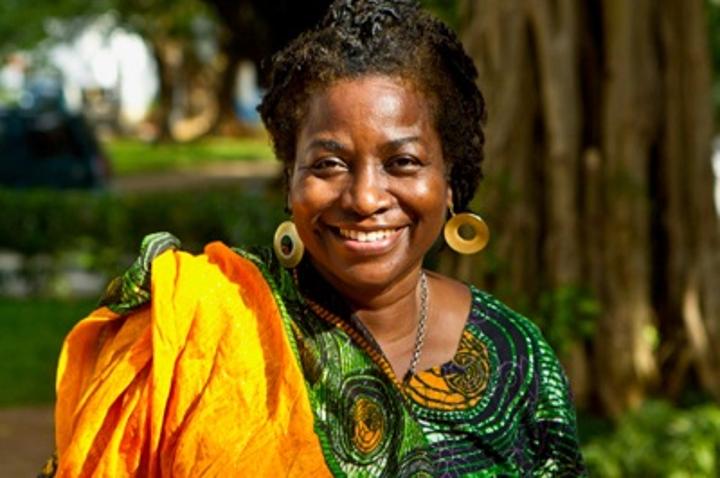Africa-Press – Lesotho. The United Nations Population Fund (UNFPA) celebrated World Population Day on July 11th to raise awareness of the global population issues. World Population Day is an annual event observed on July 11th every year.
It was established by the governing council of the United Nations Development Programme (UNDP) in 1989. World Population Day aims to increase people’s
awareness on various population issues such as the importance of family planning, gender equality, poverty, maternal health and human rights. The day was suggested by Dr.
K. C Zacharah who was intrigued by the population that reached 5 billion when he worked as Sr Demographer at World Bank. The theme for World Population Day 2020 was ‘How
to safeguard the health and rights of women and girls now’. This theme was chosen to raise awareness about the reproductive vulnerabilities and health
needs of women and young girls, especially during the Coviud-19 pandemic. The theme for this year is; ‘Rights and choices are the answer: Whether baby boom or bust, the solution to shifting
fertility rates lies in prioritizing the reproductive health and rights of all people. ’ In her statement issued with respect to the day, UNFPA Executive Director Dr.
Natalia Kanem stated that the Covid-19 pandemic may have lasting consequences on population. “For some, it has led to postponing childbearing,, for others disruptions
in health care have led to unintended pregnancies. Although we have yet to get a full picture of the impact of Covid-19 on fertility, these trends have
provoked alarmist concerns about baby booms or busts,” she stated. She also added that what should cause alarm is when women cannot exercise their sexual and reproductive rights and choices – whether because health services
are interrupted, or because gender discrimination prevents them from making decisions about accessing health care, using contraceptives or engaging in sex
with their partners. She said Covid-19 has laid bare stark inequalities and weaknesses in healthcare systems within and among countries. “The crisis has caused many overstretched health systems to scale back sexual and
reproductive health services which are often not deemed essential. While these services are a human right, they have been shunted aside in favour of more
pressing concerns. Amid economic pressures and budget cuts, there is a real risk that some countries may fail to restore these services,” Kanem noted.
She concluded that on the World Population Day, they intensify actions to close those gaps, because sexual and reproductive health services are essential.
Even if health systems are understandably strained, these services cannot wait. She said any further delays will curtail the health and well-being of women and girls – consequences that can last a lifetime.






